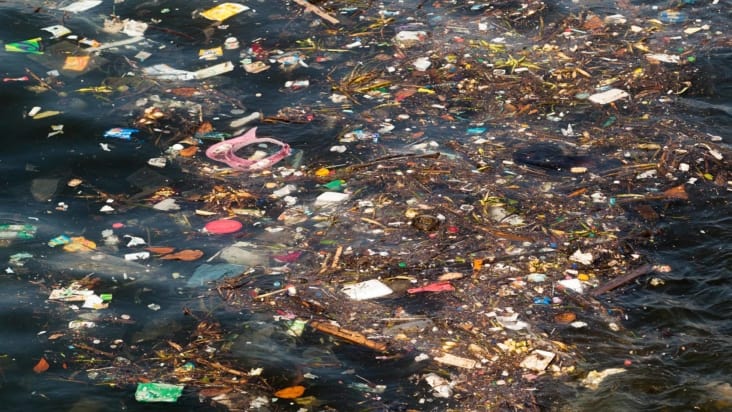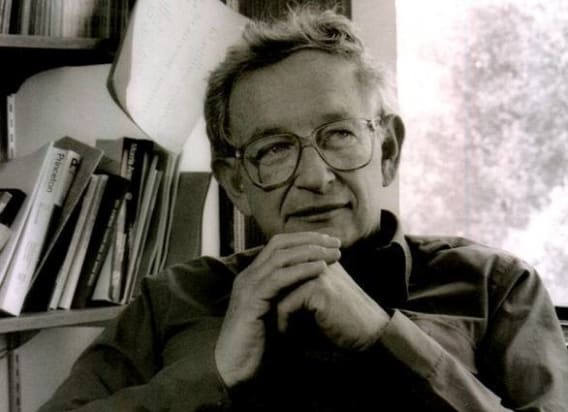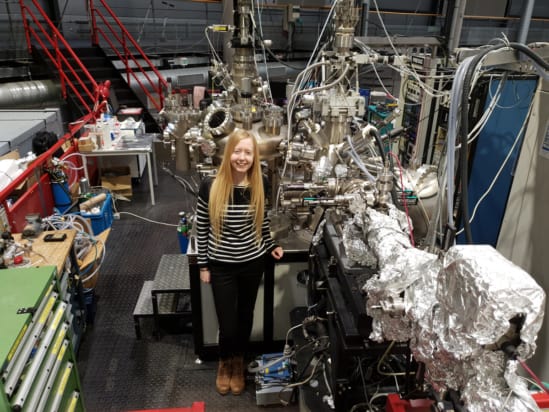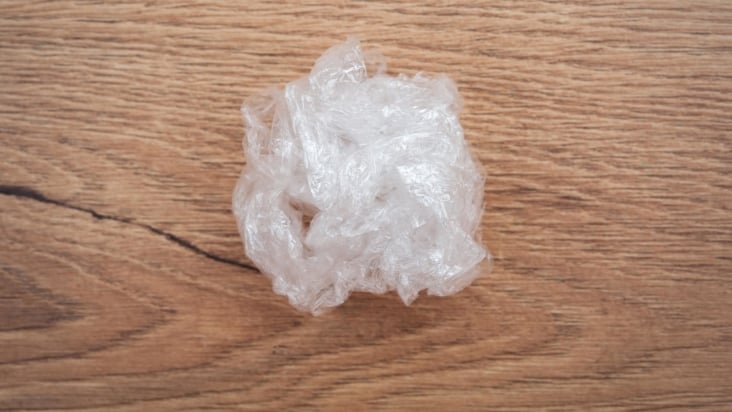Physics World May 2020
Avoid, track, recycle: solutions to the problem of plastic waste
Plastic that doesn’t cost the Earth – the vast increase in unwanted plastic pollution has galvanized scientists and innovators around the world to develop ingenious approaches to reuse, retrieve and recycle plastic. But as this issue shows, significant challenges remain. Plus, how accidental discoveries lie at the heart of many technological innovations, and a look back at the life of Nobel laureate Philip Anderson, a giant of condensed-matter physics.
Expand to full screen, bookmark pages or download to read offline using the icons beneath the screen. You can access the videos and audio clips if you read the emagazine online. Read it now
Or you can read selected content from the May 2020 issue of Physics World here

Want even more from Physics World?
Get more from Physics World without waiting for the next issue. The same great journalism, but delivered to you daily. Read updates on the latest research as soon as they happen and access 20 years of online content, organised across 13 dedicated scientific areas. Visit the homepage to start exploring.











